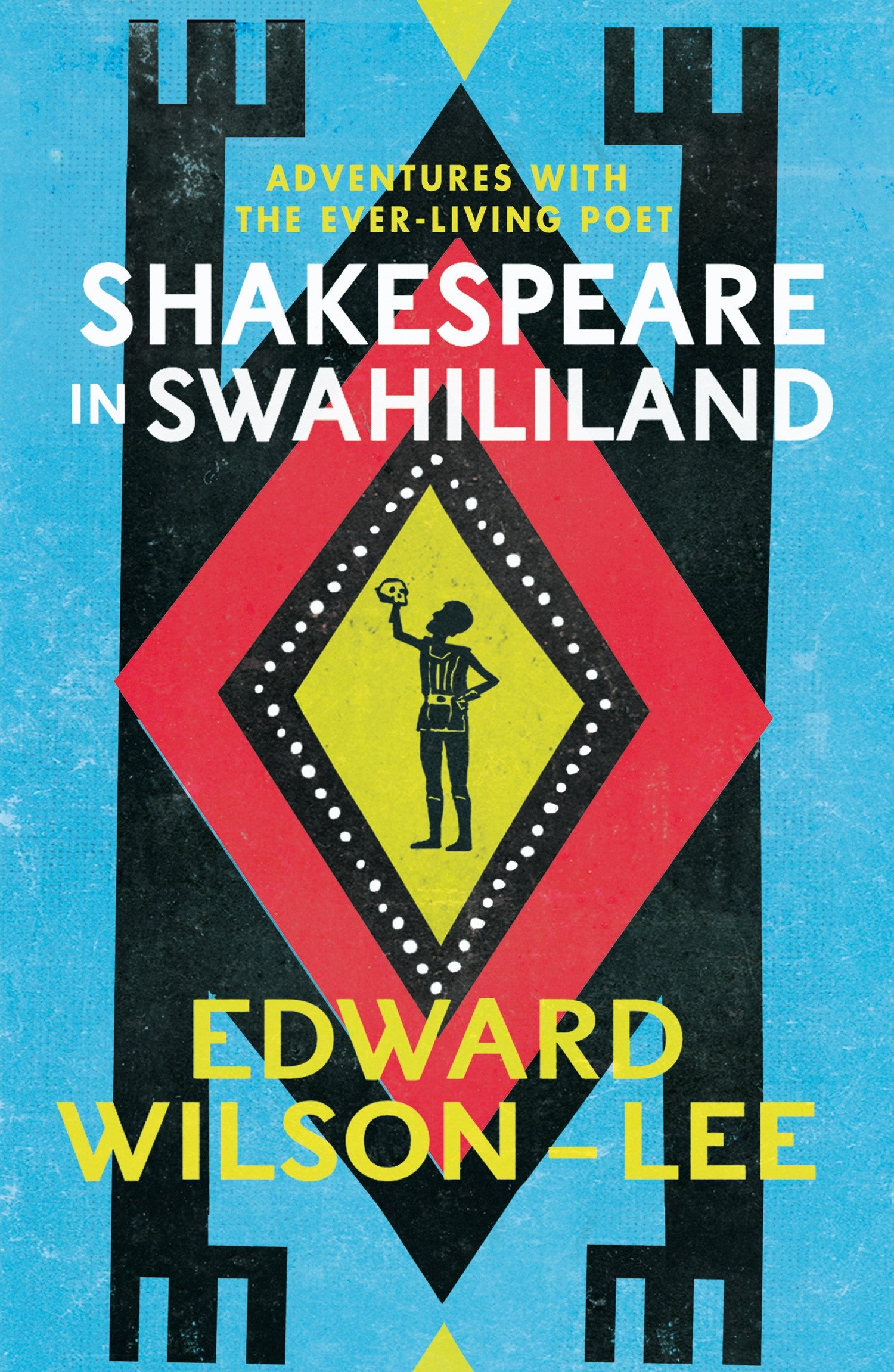Edward Wilson-Lee, Shakespeare in Swahililand: Adventures With the Ever-Living Poet: 'African safari with the Bard', book review
Shakespeare in Swahililand guides us through a number of significant Shakespeare sightings in East Africa since the mid-19th century

The “Holy Grail of Shakespeare studies”, says Wilson-Lee, is “an understanding of Shakespeare’s universal appeal”.
Amid the dozens of new books flooding this anniversary season (he died in April 1616), Wilson-Lee’s attempt to explain this universality is one of the more oblique, and one of the more interesting for it.
Shakespeare in Swahililand guides us through a number of significant Shakespeare sightings in East Africa since the mid-19th century, demonstrating not merely his reception but specifically how the colonisers chose to make use of him.
When Richard Burton and Henry Stanley embarked on their respective expeditions, a collected Shakespeare was among very few books they brought along.
Their aim was not to share Shakespeare with the natives, rather to have some portable civilisation into which they might retreat, to reinforce their own cultured apartness.
Meanwhile, for Edward Steere, who in 1867 in Zanzibar produced a slim educational collection of Shakespeare tales in Swahili, Shakespeare was a civilising force to be shared, proselytised. (Far from forcibly separating Us and Them, Shakespeare would make Them more like Us.)
Half a century later, Karen Blixen would use a Shakespeare anecdote to demonstrate not that European and non-European cultures are fundamentally the same, but that they are valuably different.
One clear cultural difference became apparent with the sudden rush of stage productions in the East Africa Protectorate in the early 20th century (at least 15 in 18 months, significantly outpacing London’s West End). This dramatic increase came via India, brought by the workers who built the East African Railway, which in turn led to population centres large enough to support theatrical performances.
The performing troupes often had little notion that they were performing “Shakespeare”, so the plays were substantially adjusted in translation, and arguably the better for it; freed from the constraints of anxious European bardolatry, the plays could be brought much closer to their audiences’ lives.
The book’s fascinating performance history of East African Shakespeares begins, implausibly, as far back as 1607, with the first recorded performance of Hamlet, on a ship called The Dragon moored off the African coast.
Wilson-Lee’s account of his East African Shakespeare-hunt is vivid and full of insights.
What we learn about colonial power relationships and historical currents is as convincing as any general explanations of Shakespeare’s universalism, but that, perhaps, is partly the point: it’s the very fact that Shakespeare is so read and performed, with these multiple interactions each revealing something, that demonstrates his boundless potential.
Shakespeare in Swahililand: Adventures With the Ever-Living Poet, by Edward Wilson-Lee. William Collins £20
Join our commenting forum
Join thought-provoking conversations, follow other Independent readers and see their replies
Comments